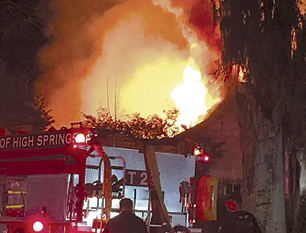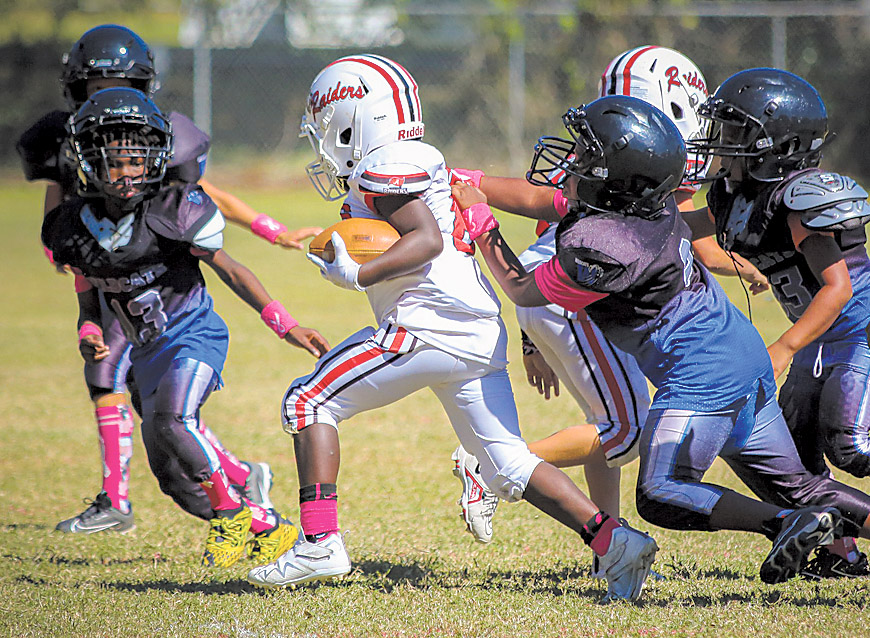TALLAHASSEE – The Florida Department of Agriculture and Consumer Services (FDACS) is continuing to warn Floridians about unsolicited packages of seeds received through the mail. The seed packets, which may arrive unexpectedly in packages bearing Chinese characters, may bear the name China Post, and may be labeled as jewelry, have been reported in multiple states including Virginia, Kansas, Washington, Oklahoma, Louisiana, Utah, and others.
As of July 28, FDACS has received at least 631 reports from Florida residents reporting having received suspicious seed packages. The content of the seed packages remains unknown at this time, until testing by the U.S. Department of Agriculture (USDA) takes place.
The USDA’s Animal and Plant Health Inspection Service (APHIS), the lead regulatory body on this matter, issued guidance. The USDA believes the seeds to be part of a “brushing” scam, where unsolicited items are sent in order to post false customer reviews and boost online sales. Upon receiving seed packages from recipients, the USDA will test the contents to determine if a risk is posed to agriculture or the environment.
The introduction of plant seeds into the United States is tightly regulated by the USDA. Seeds of unknown origin may constitute agricultural smuggling, may be invasive, may introduce pathogens, toxins, or plant and animal diseases, may pose a risk of foodborne illness, and may pose a threat to plant and animal health. FDACS is continuing to work closely to receive additional guidance from the USDA and APHIS, in consultation with U.S. Customs and Border Protection.
“Plant seeds from unknown sources may introduce dangerous pathogens, diseases, or invasive species into Florida, putting agriculture and our state’s plant, animal, and human health at risk,” said Florida Agriculture Commissioner Nikki Fried. “Anyone receiving these suspicious seed packets should not plant them, but should report it to our department immediately, so that our inspectors can safely collect them for analysis.”
Anyone receiving unsolicited seed packages from other countries should follow these directions:
- Do not open the seed packet and avoid opening outer packaging or mailing materials, if possible
- Place the seed packet AND mailing materials into a sealable plastic bag – this is important to determining the origin of the seeds
- Do not plant the seeds or discard them in trash that will be landfilled
- Report the seed package to the FDACS Division of Plant Industry at 1-888-397-1517 or DPIhelpline@FDACS.gov
- After reporting the seed package, an Inspector from the FDACS Division of Plant Industry will contact seed recipients to schedule a safe, contactless collection of the seeds, packaging, and mailing materials
When reporting the seed package to FDACS and USDA/APHIS, please be prepared to provide one’s name, physical address, phone number, and email address for contact and seed collection purposes.
# # #
Email editor@
alachuatoday.com
TALLAHASSEE – The Florida Department of Agriculture and Consumer Services (FDACS) is continuing to warn Floridians about unsolicited packages of seeds received through the mail. The seed packets, which may arrive unexpectedly in packages bearing Chinese characters, may bear the name China Post, and may be labeled as jewelry, have been reported in multiple states including Virginia, Kansas, Washington, Oklahoma, Louisiana, Utah, and others.
As of July 28, FDACS has received at least 631 reports from Florida residents reporting having received suspicious seed packages. The content of the seed packages remains unknown at this time, until testing by the U.S. Department of Agriculture (USDA) takes place.
The USDA’s Animal and Plant Health Inspection Service (APHIS), the lead regulatory body on this matter, issued guidance. The USDA believes the seeds to be part of a “brushing” scam, where unsolicited items are sent in order to post false customer reviews and boost online sales. Upon receiving seed packages from recipients, the USDA will test the contents to determine if a risk is posed to agriculture or the environment.
The introduction of plant seeds into the United States is tightly regulated by the USDA. Seeds of unknown origin may constitute agricultural smuggling, may be invasive, may introduce pathogens, toxins, or plant and animal diseases, may pose a risk of foodborne illness, and may pose a threat to plant and animal health. FDACS is continuing to work closely to receive additional guidance from the USDA and APHIS, in consultation with U.S. Customs and Border Protection.
“Plant seeds from unknown sources may introduce dangerous pathogens, diseases, or invasive species into Florida, putting agriculture and our state’s plant, animal, and human health at risk,” said Florida Agriculture Commissioner Nikki Fried. “Anyone receiving these suspicious seed packets should not plant them, but should report it to our department immediately, so that our inspectors can safely collect them for analysis.”
Anyone receiving unsolicited seed packages from other countries should follow these directions:
- Do not open the seed packet and avoid opening outer packaging or mailing materials, if possible
- Place the seed packet AND mailing materials into a sealable plastic bag – this is important to determining the origin of the seeds
- Do not plant the seeds or discard them in trash that will be landfilled
- Report the seed package to the FDACS Division of Plant Industry at 1-888-397-1517 or This email address is being protected from spambots. You need JavaScript enabled to view it.
- After reporting the seed package, an Inspector from the FDACS Division of Plant Industry will contact seed recipients to schedule a safe, contactless collection of the seeds, packaging, and mailing materials
When reporting the seed package to FDACS and USDA/APHIS, please be prepared to provide one’s name, physical address, phone number, and email address for contact and seed collection purposes.
# # #
Email editor@
alachuatoday.com



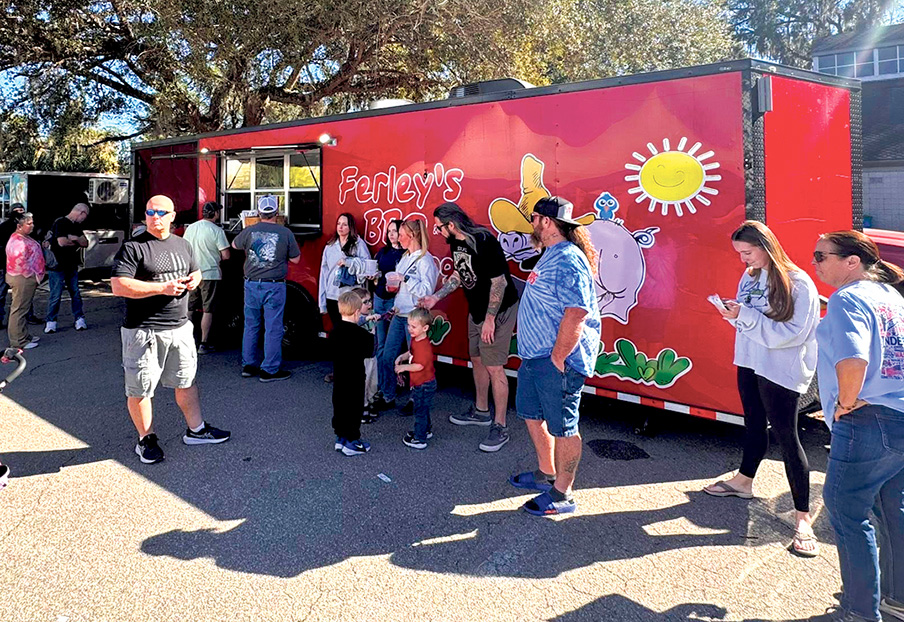
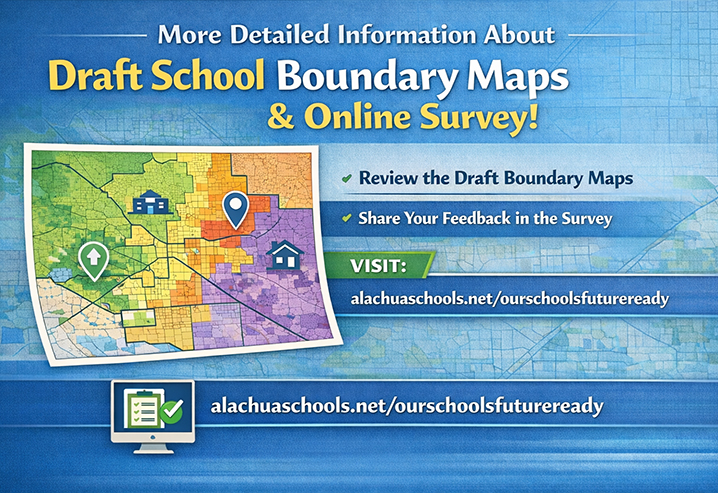


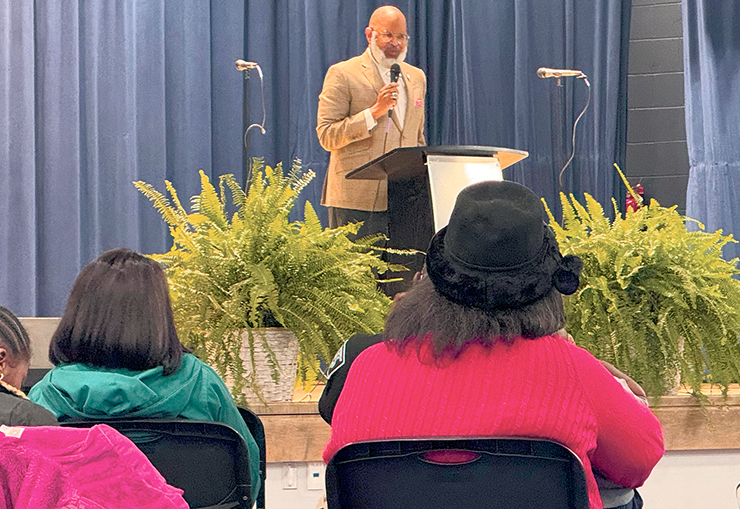



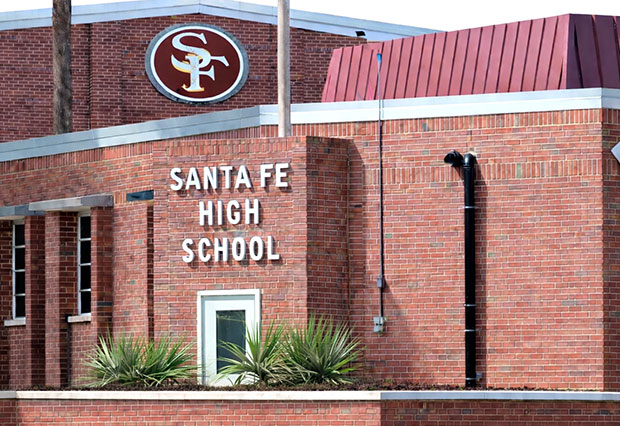
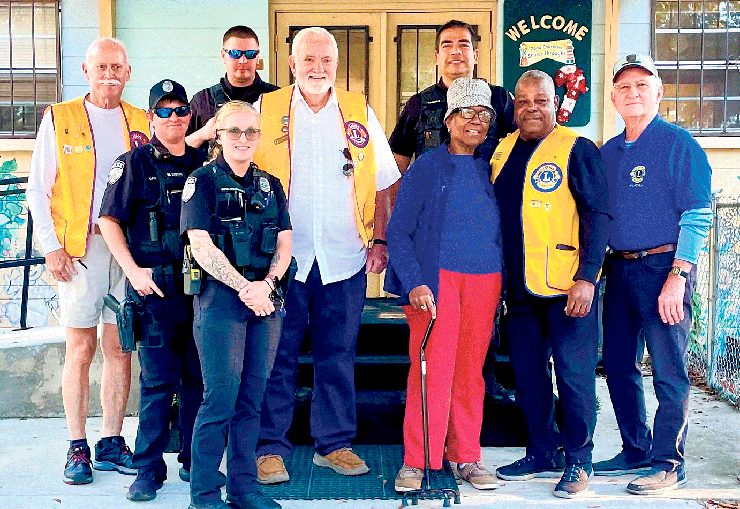
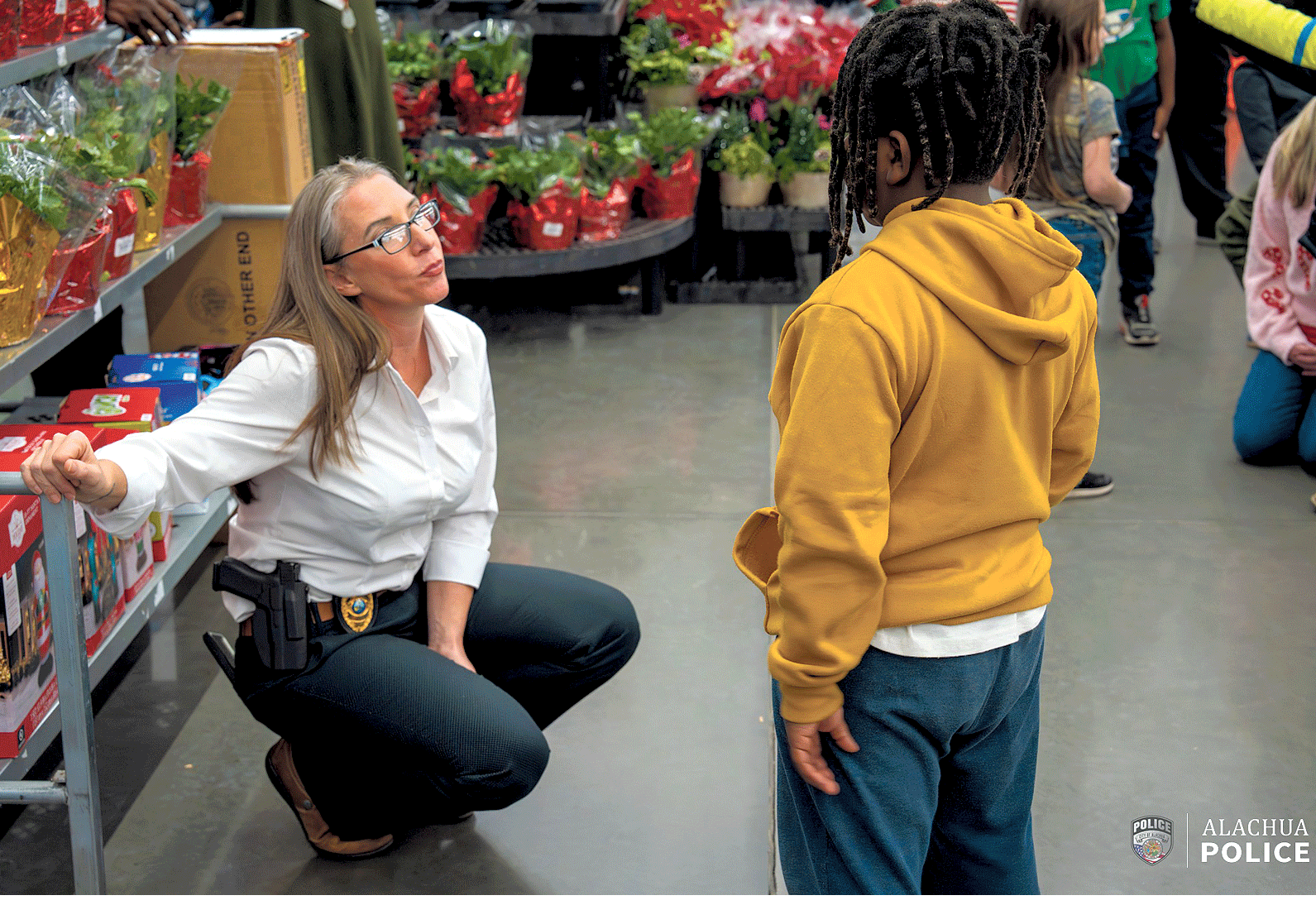

 Jennifer Breman, a career and technical education program specialist with Alachua County Public Schools, has been elected to serve on the Board of Directors of the Association for Career and Technical Education (ACTE), the nation’s largest nonprofit organization dedicated to advancing career and technical education.
Jennifer Breman, a career and technical education program specialist with Alachua County Public Schools, has been elected to serve on the Board of Directors of the Association for Career and Technical Education (ACTE), the nation’s largest nonprofit organization dedicated to advancing career and technical education.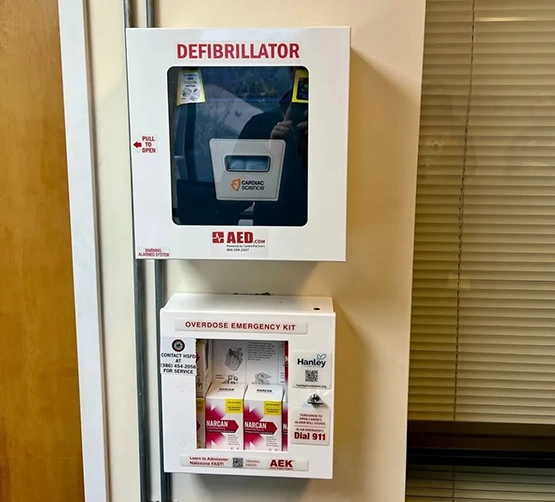
 Using an inhaler seems straightforward, but it’s actually a high-precision task. If the technique isn't quite right, the medication often ends up hitting the back of your throat instead of reaching your lungs where it’s needed.
Using an inhaler seems straightforward, but it’s actually a high-precision task. If the technique isn't quite right, the medication often ends up hitting the back of your throat instead of reaching your lungs where it’s needed.
